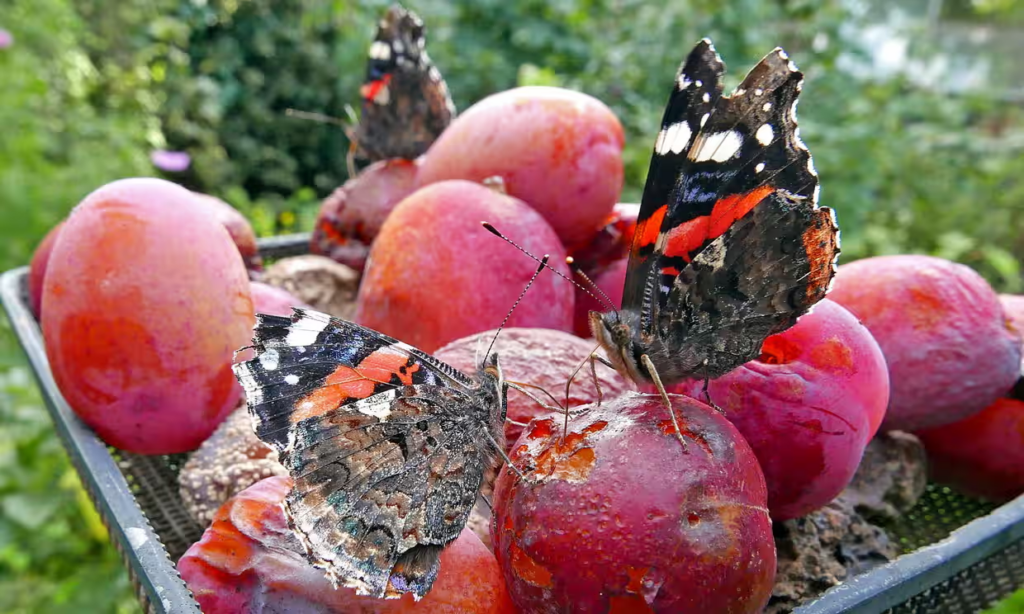Booze and the ethanol within is something that humanity has embraced for millennia, and is still great choice for starting the weekend today. But when examining what ethanol provides the human body, evolving the ability to digest it seems a misstep – causing arrhythmias, cancers, and a weak immune system to name a few (Alcohol’s Effects, 2021). In short it seems that it was entirely random! One mutation millions of years ago led to the Viking’s mead and today’s Holiday Budweisers (Choi, 2014). This evolution has gained more logic in recent time, other theories built on the idea that small amounts of alcohol consumption had benefits (which is found not to be true), and so the consumption of rotten fruit laced with ethanol could provide utility for early humans (Choi, 2014). Where humans sourced their alcohol in the first place is another debate. One theory is that early man discovered alcohol along with agriculture. About 10,000 years ago, while humanity was domesticating grain some of it was used to ferment and brew beer (and some studies indicate it was brewed before it was made into bread!). This beer was likely long before any spirits waltzed their way onto the scene (those arose just 2,000 years ago) and their low percentage (and likely low resources) would have kept our ancestors drinking limited to a more moderate level, and important decisions were re-checked when sober (Kahn, 2013).

The other leading theory is that our descent into alcohol degeneracy started with rotting fruit. This theory finds us all the way back 80 million years ago, when humans began walking on the ground and picking up rotten fruit (which our consumption of gives a key to when we began climbing out of the trees). This rotten fruit would not have been our first pick, but when we had to it’s calories brought alcohol along as a side effect. The alcohol content is low enough in rotten fruit that it only could’ve found a more prominent place once people started fermenting amidst agriculture, where higher ethanol content could be produced (Choi, 2014).

But when examining other species, the hallmarks of alcohol that we might find off putting (the smell and taste of high ethanol content) to others is the smell of calories, and therefor survival. Treeshrews actively seek out high alcohol content fruit and nectar for its caloric content, with palm wine (from the tree’s nectar) enjoyed by our ancestors and still enjoyed today (Evans, 2016).
When examining our history with alcohol its easy to portray it as a plague that has followed us for millennia. But our ancestors habits gave us clues to how we ought to view our modern relationship with it: in good nature, in limited quantities, and a good bit of responsibility.
References:
“Alcohol’s Effects on the Body.” National Institute on Alcohol Abuse and Alcoholism, U.S. Department of Health and Human Services, 2021, “Alcohol’s Effects on the Body.” National Institute on Alcohol Abuse and Alcoholism, U.S. Department of Health and Human Services, 2021, www.niaaa.nih.gov/alcohols-effects-health/alcohols-effects-body.
Choi, Charles Q. “Origins of Human Alcohol Consumption Revealed.” LiveScience, Purch, 1 Dec. 2014, www.livescience.com/48958-human-origins-alcohol-consumption.html
Evans, Robert. “Ancient Alcohol in the Animal Kingdom.” A (Brief) History of Vice: How Bad Behavior Built Civilization, A Plume Book, New York, NY, 2016.
Kahn, Jeffrey P. “How Beer Gave Us Civilization.” The New York Times, The New York Times, 15 Mar. 2013, www.nytimes.com/2013/03/17/opinion/sunday/how-beer-gave-us-civilization.html
Further Links:
https://mattersjournal.com/stories/fermentingillustratedhistory

“One theory is that early man discovered alcohol along with agriculture.” — What are some pieces of archaeological evidence that support this theory? Do you think they are limited in any way — why or why not?